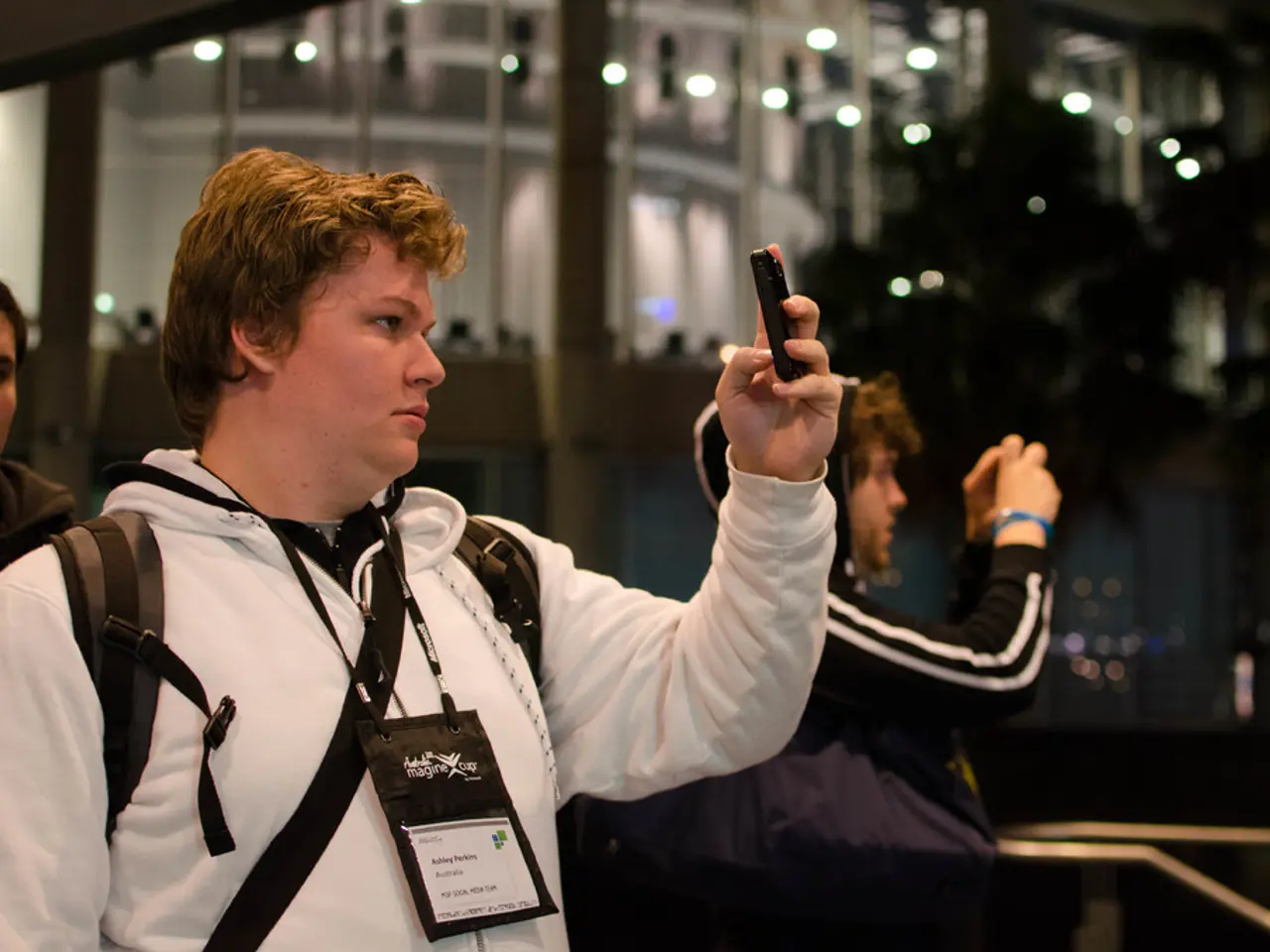DeepSeek AI is Facing Criticism and Threats from Various Sources
In the tech world, the sudden emergence of DeepSeek this year caused quite a stir. Initially shock and awe, followed by schadenfreude, and now a full-blown backlash. Why, you ask? DeepSeek's AI performance is putting some of the industry giants to shame, and it's doing so at a fraction of the cost. But with great power comes great scrutiny, and DeepSeek is no exception.
Politicians, national security officials, and competitors like OpenAI are voicing their concerns. Criticisms range from the potential for misinformation spread by chatbots to intellectual property theft. Yet, it's important to note that these are not issues unique to DeepSeek; they plague the AI industry at large.
As for DeepSeek's R1 models, the concern is their censorship of answers that contradict Chinese government policies. An analysis by Promptfoo, using a dataset of 1,360 sensitive prompts, found that DeepSeek's chatbot censored answers to 85% of them. While this is concerning, it's worth noting that ChatGPT also censors responses to similar questions.
Another analysis, published by NewsGuard, found that DeepSeek's R1 model was one of the worst performers at detecting misinformation. The model reportedly repeated false claims 30% of the time and provided non-answers 53% of the time, resulting in an 83% fail rate. This might not sound impressive, but remember, even the best chatbot in the study had a fail rate of 30%.
The most questionable criticism comes from OpenAI itself, claiming that DeepSeek might have used its models in a way that violates OpenAI's terms of service. This immediately triggered reactions from tech lobby groups, raising concerns about intellectual property theft and the growing threat of foreign AI firms bypassing US safeguards.
Yet, many critics seem more interested in DeepSeek's nationality than its flaws. Taisu Zhang, a Yale University law and economic history professor, pointed out that those who are critical of DeepSeek may be simply masking their crude nationalism.
While DeepSeek's performance is undeniably impressive, it's crucial to scrutinize new technologies. However, it's equally important to approach these criticisms with objectivity and without letting prejudice cloud our judgment. After all, we live in an era where technology knows no borders.
The future of tech and artificial intelligence is under scrutiny, with DeepSeek's technological breakthroughs in AI performance and cost-effectiveness stirring debates. Critics, including politicians and competitors like OpenAI, are raising concerns about potential misinformation spread, intellectual property theft, and compliance with terms of service.









